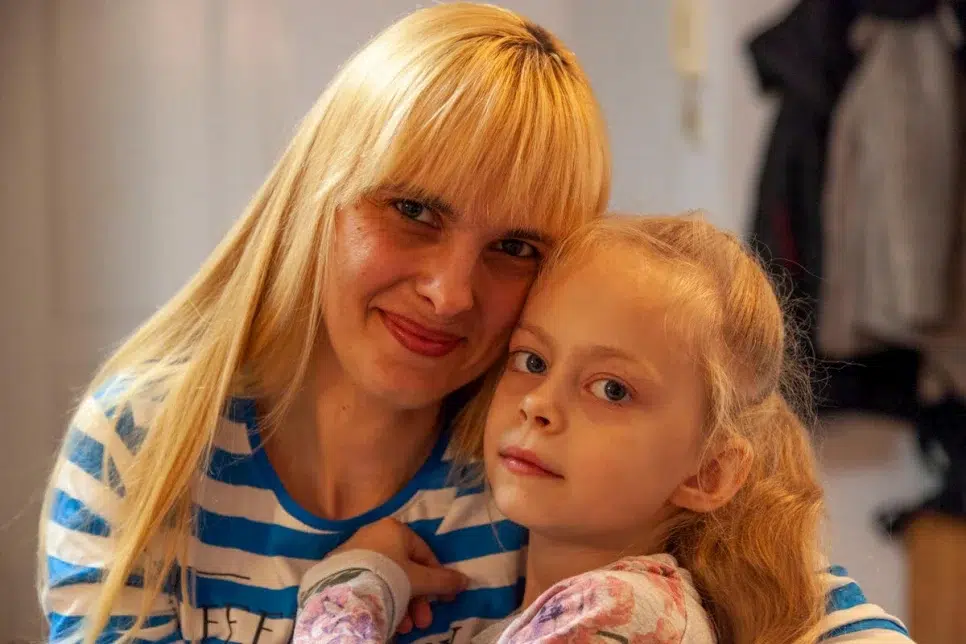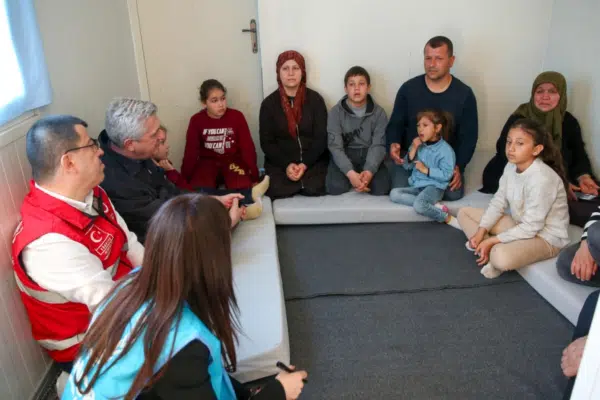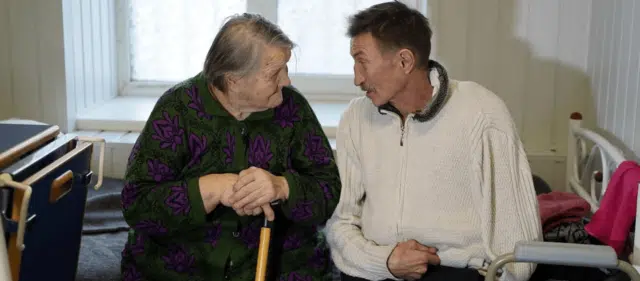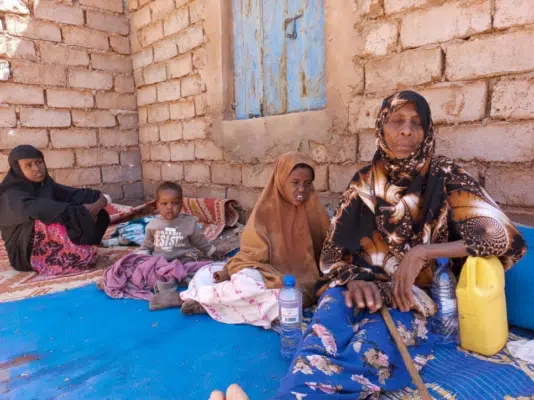
Darya and her daughter Anastasiia fled to Poland from their home in Zaporizhzhia, eastern Ukraine, last March, together with Darya’s son Artyom and mother Lyuba. © UNHCR/Rafal Kostrzynski
Across Europe, refugees from Ukraine are finding the sustainable support they need to live safely and securely.
Soon after arriving, Albina and her family were among 30,000 of the most vulnerable people in Slovakia who received cash assistance from UNHCR and other humanitarian organisations, as well as being provided emergency accommodation.
They have since been integrated into Slovakia’s national social support programme, and moved to Humenné, in the east of the country, where they have long-term stability and safety.
The transition from emergency to long-term assistance is an important step towards sustainable support for the 5 million Ukrainian refugees across Europe registered in national protection schemes. It also allows UNHCR to focus additional support on the most vulnerable refugees and to address specific needs such as preventing and responding to gender-based violence.
“In Poland, Slovakia and elsewhere across Europe, we have shifted from an emergency response to supporting governments to foster the inclusion of refugees in national systems, with a focus on helping the most vulnerable,” said Pascale Moreau, UNHCR Regional Director for Europe.
“UNHCR is partnering with national and local actors, including ministries, municipal authorities, NGOs and refugee-led organizations, to expand access to education, employment, housing, social welfare and medical or other assistance. Just to give a practical example, barriers to inclusion in labour markets can be addressed with language training or childcare support.”
Albina is still processing the upheaval of being forced to flee her home, but she tries to be optimistic. Slovakia is not home, but it will do for now, she says. “I love life, I want to live. The morning will come, a new day will come, everything will be good.”
Originally published by UNHCR, on 30 March 2023.





